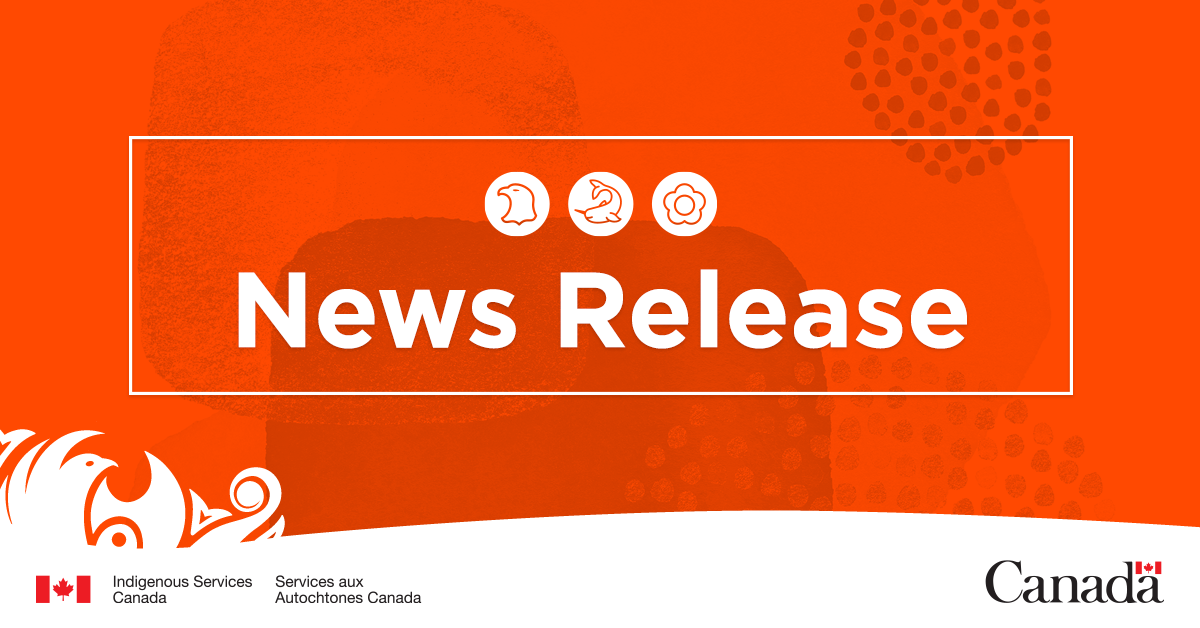First Nations access greater flexibility and increased self-determination through the New Fiscal Relationship Grant

October 24, 2024 — Ottawa, Unceded Algonquin Territory, Ontario — Indigenous Services Canada
The Government of Canada is working with First Nations to establish a new fiscal relationship that moves toward predictable, flexible and sufficient funding for First Nations communities that will support self-determination and increase their ability to plan for the future.
Today, Harold Calla, Executive Chair of the First Nations Financial Management Board, and the Honourable Patty Hajdu, Minister of Indigenous Services, announced the expansion of New Fiscal Relationship Grant eligibility to Tribal Councils and First Nations-led service delivery entities, such as health authorities.
Established in 2019, the New Fiscal Relationship Grant was co-developed with the Assembly of First Nations and the First Nations Financial Management Board as an alternative funding mechanism that would provide more funding flexibility and predictability to First Nations, and support self-determination through effective and independent long-term planning based on community needs and priorities. The Grant flows funding to eligible recipients for up to 28 programs, including funding for education, primary health care, income assistance, and governance. Some of the key benefits of the Grant include long-term funding predictability through a renewable term of up to 10 years, an annual funding escalator based on inflation and population growth, and an overall reduction in administrative reporting.
In 2024-25, 18 additional First Nations joined the Grant, bringing the total number of First Nations receiving funding through the Grant to 160. The average New Fiscal Relationship Grant escalator rate in 2024-25 was 5.1%, resulting in an additional $40 million being provided to Grant recipients, and a cumulative escalation total of over $100 million annually.
Expanding eligibility in the Grant to Tribal Councils and First Nations-led service delivery entities means that First Nations that receive services through these entities will be able to benefit from the specialization and economies of scale their service providers offer, as well as the flexibility, predictability and funding escalator provided by the Grant. The expansion also allows First Nations that may experience barriers to accessing the benefits of the Grant, such as small or remote First Nations, to benefit from the Grant through their chosen service providers. There are approximately 80 Tribal Councils, 38 health authorities and 170 other service delivery entities that may now be eligible for the Grant.
The deadline for Tribal Councils and other First Nations-led service delivery entities to submit expressions of interest to join the Grant for the 2025-26 fiscal year is November 1st, 2024. For more information and details on eligibility, please visit: New Fiscal Relationship Grant.